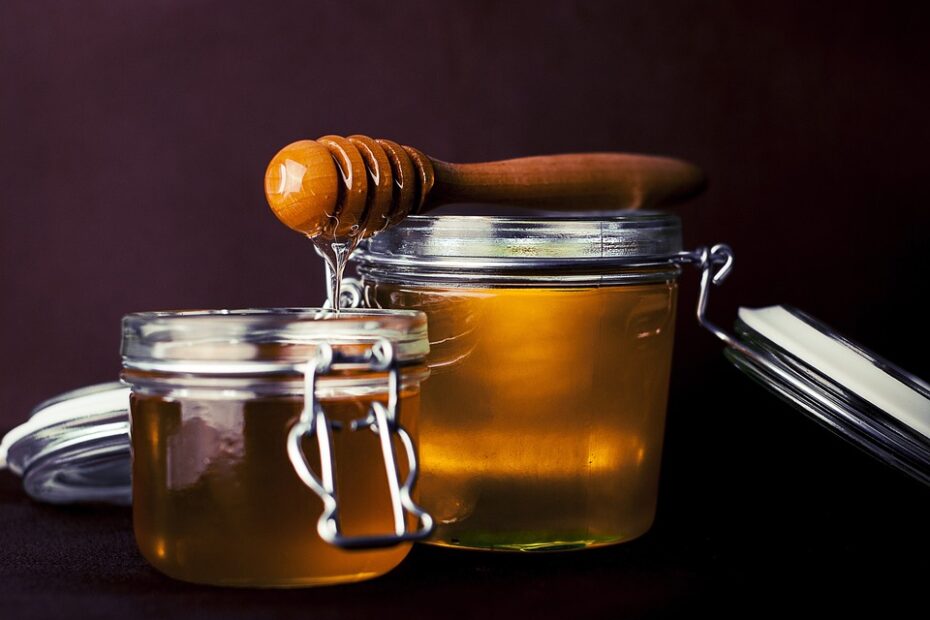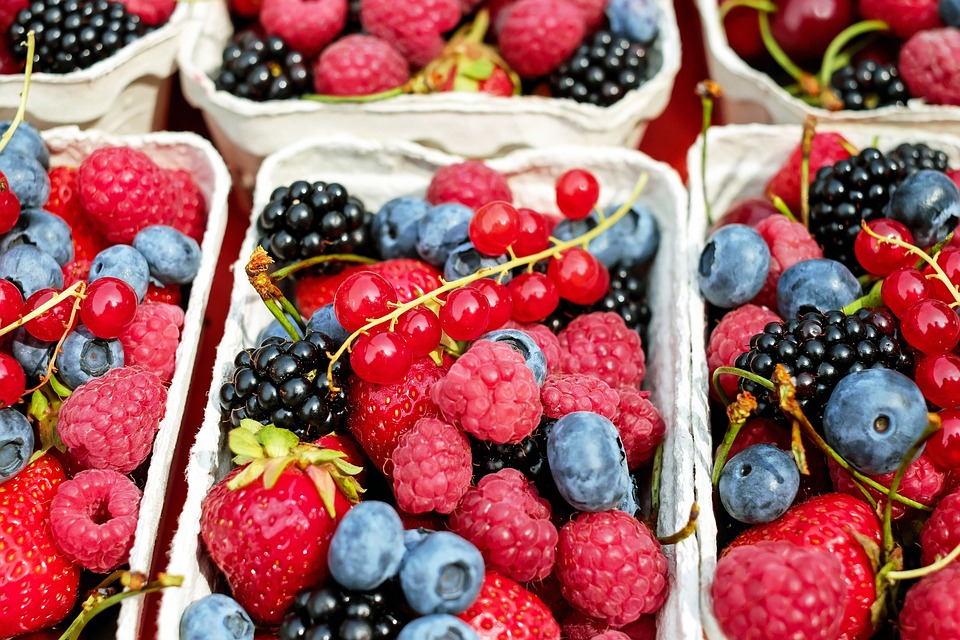Protein for gastric sleeve: Fueling Your Body for Optimal Health
Introduction
When undergoing a gastric sleeve procedure, it is vital to prioritize your nutritional intake to support your body’s healing and achieve long-term weight loss success. Protein plays a crucial role in the recovery process and helps maintain muscle mass while promoting satiety. In this article, we will explore the importance of protein for gastric sleeve patients and provide valuable insights to help you make informed dietary choices.
The Role of Protein in the Body
Protein is often referred to as the building blocks of life, and for a good reason. It is an essential macronutrient that supports various bodily functions, including tissue repair, enzyme production, and hormone synthesis. When consumed, protein is broken down into amino acids, which are then utilized by the body to carry out these vital processes.
For gastric sleeve patients, protein becomes even more critical as the surgery reduces the size of the stomach, limiting the amount of food that can be consumed. By focusing on protein-rich foods, you can ensure that your body receives the necessary nutrients while promoting feelings of fullness.
The Importance of Protein in Post-Operative Recovery
After undergoing a gastric sleeve surgery, your body needs adequate protein to support the healing process. Protein plays a crucial role in wound healing and tissue regeneration. By incorporating protein-rich foods into your diet, you can promote faster recovery, minimize complications, and reduce the risk of infection.
Furthermore, protein helps preserve muscle mass during weight loss. During the initial stages after surgery, your body primarily relies on stored fat for energy. However, without sufficient protein intake, your body may also break down muscle tissue, leading to muscle loss. By ensuring an adequate protein intake, you can minimize muscle loss and promote a healthier body composition.
Recommended Protein Intake
Determining the appropriate protein intake for gastric sleeve patients can vary depending on individual factors such as age, sex, weight, and activity level. However, a general guideline is to aim for a daily protein intake of 60 to 80 grams.
To meet this goal, it is essential to incorporate a variety of protein sources into your diet. Lean meats such as chicken, turkey, and fish are excellent sources of protein, while also providing essential nutrients. Additionally, dairy products, eggs, legumes, and tofu are all rich in protein and can be included in your meals to ensure you meet your daily requirements.
Tips for Incorporating Protein into Your Diet
Transitioning to a protein-focused diet may seem intimidating at first, but with some simple strategies, you can easily meet your nutritional needs. Here are a few tips to help you incorporate protein into your diet after gastric sleeve surgery:
1. Prioritize Protein-Rich Foods: Make sure every meal and snack contains a good source of protein. Opt for lean meats, poultry, fish, or plant-based protein sources such as legumes, tofu, and Greek yogurt.
2. Plan Your Meals: Take the time to plan your meals in advance to ensure you have a variety of protein-rich options available. This will help you avoid reaching for convenient but less nutritious alternatives.
3. Experiment with Recipes: Get creative in the kitchen by trying out new recipes that focus on protein-rich ingredients. Explore different cooking methods, spices, and flavors to keep your meals exciting and enjoyable.
4. Snack Smartly: Choose protein-rich snacks to keep you satisfied between meals. Nuts, seeds, protein bars, and Greek yogurt are all excellent options that can help curb hunger while providing essential nutrients.
5. Supplement if Necessary: In some cases, meeting your protein needs solely through food sources may be challenging. Consult with your healthcare provider to determine if protein supplementation is necessary to ensure you are meeting your daily requirements.
conclusion
Protein is a vital component of a successful post-gastric sleeve surgery diet. By prioritizing protein-rich foods, you can support your body’s healing process, preserve muscle mass, and achieve long-term weight loss goals. Remember to consult with your healthcare provider or a registered dietitian to determine the specific protein intake that suits your individual needs. Embrace the journey of discovering new and delicious protein sources, and fuel your body for optimal health after gastric sleeve surgery.
Frequently Requested Questions About Protein For Gastric Sleeve
What is the importance of protein intake after gastric sleeve surgery?
Protein intake is crucial after gastric sleeve surgery for several reasons. Firstly, protein plays a vital role in the healing process, helping to repair and build new tissues. Secondly, protein helps to maintain muscle mass, which is particularly important during weight loss. Finally, protein is a nutrient that provides a feeling of fullness, helping to control appetite and prevent overeating.
Important information:
1. Protein is essential for tissue repair and healing after gastric sleeve surgery.
2. Adequate protein intake helps to preserve muscle mass during weight loss.
3. Protein promotes satiety, helping to control appetite and prevent overeating.
How much protein should I consume after gastric sleeve surgery?
The recommended protein intake after gastric sleeve surgery varies depending on individual factors such as age, weight, and activity level. However, a general guideline is to consume around 60-80 grams of protein per day. It is essential to consult with your healthcare provider or a registered dietitian to determine the appropriate protein intake for your specific needs.
Important information:
1. The recommended protein intake after gastric sleeve surgery ranges from 60-80 grams per day.
2. Individual factors such as age, weight, and activity level influence the precise protein requirement.
3. Consulting with a healthcare provider or registered dietitian is essential to determine the appropriate protein intake.
What are the best sources of protein for gastric sleeve patients?
Choosing high-quality protein sources is crucial for gastric sleeve patients to meet their nutritional needs. Some excellent sources of protein include lean meats such as chicken, turkey, and fish. Plant-based protein sources like beans, lentils, tofu, and Greek yogurt are also beneficial. Additionally, protein supplements such as protein powders or shakes can be used to ensure adequate protein intake.
Important information:
1. Lean meats like chicken, turkey, and fish are excellent sources of protein for gastric sleeve patients.
2. Plant-based protein sources like beans, lentils, tofu, and Greek yogurt provide a good protein option.
3. Protein supplements such as powders or shakes can help meet the protein needs of gastric sleeve patients.
When should protein be consumed after gastric sleeve surgery?
It is recommended to spread protein intake evenly throughout the day after gastric sleeve surgery. Consuming protein-rich foods or supplements during meals and snacks ensures a steady supply of amino acids for optimal healing and muscle preservation. Additionally, having a protein-rich meal or snack before physical activity can provide the necessary energy and support muscle recovery.
Important information:
1. Protein intake should be spread evenly throughout the day after gastric sleeve surgery.
2. Consuming protein-rich foods or supplements during meals and snacks is recommended.
3. Having a protein-rich meal or snack before physical activity can support energy and muscle recovery.
Are there any risks associated with inadequate protein intake after gastric sleeve surgery?
Yes, inadequate protein intake after gastric sleeve surgery can pose several risks. Insufficient protein intake may lead to muscle loss, slower wound healing, and compromised immune function. It can also result in hair loss, fatigue, weakness, and difficulty recovering from surgery. Therefore, meeting the recommended protein intake is essential for optimal post-surgical outcomes.
Important information:
1. Inadequate protein intake after gastric sleeve surgery can lead to muscle loss and impaired wound healing.
2. Insufficient protein intake may compromise immune function and overall recovery.
3. Meeting the recommended protein intake is crucial for optimal post-surgical outcomes.
Wrong Interpretations Regarding Protein For Gastric Sleeve
1. Protein is the only important nutrient after gastric sleeve surgery
One common Misconception about protein for gastric sleeve surgery is that it is the only important nutrient to focus on post-surgery. While protein is indeed crucial for healing and promoting satiety, it is not the sole nutrient that should be prioritized. A well-balanced diet that includes a variety of other essential nutrients such as vitamins, minerals, and carbohydrates is equally important to support overall health and well-being.
2. Consuming excessive protein will speed up weight loss
Another misconception is that consuming excessive amounts of protein will accelerate weight loss after gastric sleeve surgery. While protein is necessary for tissue repair and muscle growth, consuming excessive amounts does not directly translate to faster weight loss. In fact, excess protein can be converted into glucose through a process called gluconeogenesis, potentially hindering weight loss efforts. It is important to follow the guidance of a registered dietitian to determine the appropriate protein intake for your individual needs.
3. All protein sources are equally beneficial
Not all protein sources are created equal, and this is another misconception surrounding protein for gastric sleeve patients. While protein can be obtained from various sources such as meat, poultry, fish, dairy, legumes, and tofu, the quality and nutrient profile of these sources can differ significantly. Animal-based protein sources generally provide all essential amino acids, making them complete proteins, while plant-based sources may require combining different sources to obtain a complete amino acid profile. It is important to choose protein sources that are nutrient-dense and provide a wide range of essential amino acids.
4. Protein supplements are a must for gastric sleeve patients
Many individuals believe that protein supplements are a necessity after gastric sleeve surgery. While protein supplements can be a convenient way to meet daily protein goals, they are not mandatory. Whole food sources of protein can be just as effective in meeting protein requirements. It is crucial to focus on consuming a variety of protein-rich foods from both animal and plant sources to ensure a well-rounded nutrient intake. If struggling to meet protein needs through food alone, a registered dietitian can help determine if protein supplements are necessary.
5. Only animal-based protein sources are suitable after gastric sleeve surgery
One common misconception is that only animal-based protein sources are suitable for gastric sleeve patients. While animal-based protein sources are often considered complete proteins, providing all essential amino acids, plant-based protein sources can also be beneficial and should not be overlooked. Plant-based protein sources such as legumes, tofu, tempeh, and quinoa are not only rich in protein but also provide additional nutrients, fiber, and phytochemicals that can support overall health. It is important to include a variety of protein sources in the diet, whether they are animal or plant-based, to ensure a well-rounded nutrient intake.
Protein For Gastric Sleeve
#gastric #sleeve #surgery #important #consume #protein #proper #healing #maintain #muscle #mass #Protein #beneficial #promoting #satiety #preventing #muscle #loss #weight #loss #proteinrich #foods #included #diet #gastric #sleevebr

